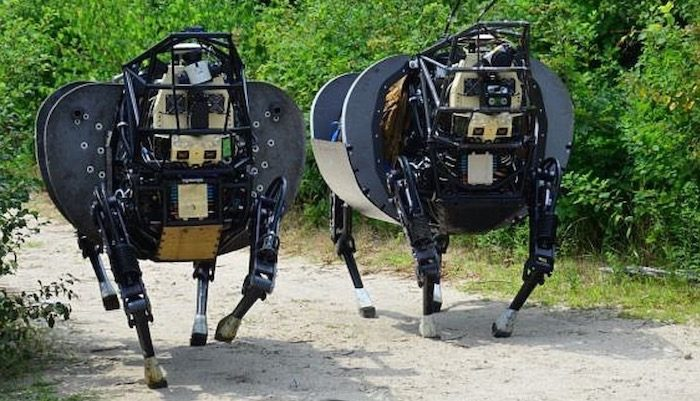The rapid advancement of artificial intelligence and robotics has brought about significant transformations across various sectors, including the military. One of the most controversial developments is the emergence of autonomous weapons, systems capable of making decisions and acting without direct human intervention. These technologies, ranging from drones to ground robots, raise profound ethical questions that society must address. This blog explores the ethical considerations surrounding autonomous weapons, including their potential benefits, risks, and the moral dilemmas they pose.
Autonomous weapons, often referred to as lethal autonomous weapons systems (LAWS), are designed to identify, engage, and neutralize targets with minimal human oversight. Proponents argue that these systems offer several advantages. For instance, they can operate in environments too dangerous for human soldiers, reducing the risk to human life. Autonomous weapons can also process vast amounts of data quickly, potentially making more accurate decisions in high-stress situations. Moreover, they can operate around the clock without fatigue, potentially enhancing the effectiveness of military operations.
Despite these potential benefits, the deployment of autonomous weapons raises significant ethical concerns. One of the primary issues is the question of accountability. When a machine makes a decision to use lethal force, who is responsible for that decision? Traditional military operations involve a clear chain of command, where human actors are held accountable for their actions. With autonomous weapons, the lines of responsibility become blurred, raising the risk of unaccountable and potentially unlawful acts of violence.
Another critical ethical concern is the potential for autonomous weapons to lower the threshold for entering conflict. If deploying autonomous systems reduces the immediate risk to human soldiers, political leaders might be more inclined to engage in military actions. This could lead to an increase in the frequency and duration of conflicts, exacerbating global instability. Additionally, the proliferation of such technologies could trigger an arms race, with nations vying to develop increasingly advanced and lethal autonomous systems.
The use of autonomous weapons also poses significant risks to civilians. These systems rely on algorithms to make decisions, and while AI has made great strides, it is not infallible. The risk of misidentification of targets and collateral damage remains high. In complex and dynamic combat environments, distinguishing between combatants and non-combatants can be challenging even for human soldiers. For machines, which lack human judgment and ethical reasoning, the risk of causing unintended harm is even greater.
From a moral standpoint, the delegation of life-and-death decisions to machines is deeply troubling. The act of taking a human life is a grave responsibility, one that requires careful deliberation and moral consideration. Many ethicists argue that this responsibility should not be transferred to machines, which lack the capacity for moral reasoning and empathy. The use of autonomous weapons raises fundamental questions about the nature of warfare and the value of human life.
International humanitarian law, which governs the conduct of armed conflict, also faces challenges in the context of autonomous weapons. Existing legal frameworks are based on principles such as distinction (differentiating between combatants and civilians) and proportionality (ensuring that the use of force is proportional to the military advantage gained). Ensuring that autonomous weapons comply with these principles is a complex and unresolved issue. The lack of clear regulations and oversight mechanisms for autonomous weapons further complicates their ethical and legal assessment.
In response to these concerns, various international organizations and advocacy groups have called for a ban or strict regulation of autonomous weapons. The United Nations has convened discussions on the issue, with some member states advocating for a preemptive ban on the development and use of lethal autonomous weapons systems. These efforts reflect a growing recognition of the need to address the ethical and legal implications of autonomous weapons before they become widespread.
The development and deployment of autonomous weapons present profound ethical challenges that require careful consideration. While these technologies offer potential benefits in terms of operational efficiency and risk reduction, they also raise significant moral and legal concerns. The delegation of lethal decision-making to machines, the potential for increased conflict, and the risks to civilians all underscore the need for robust ethical and regulatory frameworks. As society grapples with the implications of autonomous weapons, it is crucial to ensure that technological advancements align with our ethical values and commitment to human dignity.
By Our Media Team
Our Editorial team comprises of over 15 highly motivated bunch of individuals, who work tirelessly to get the most sought after curated content for our subscribers.




